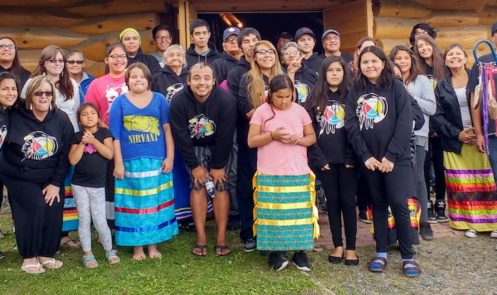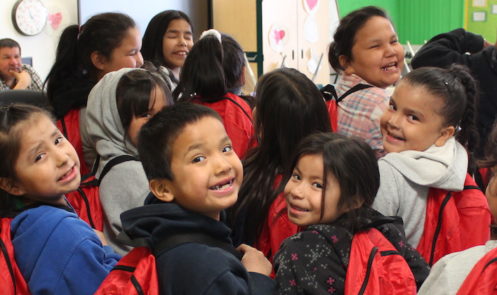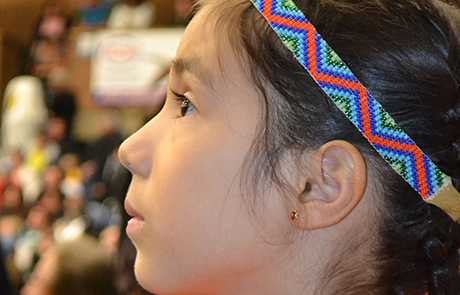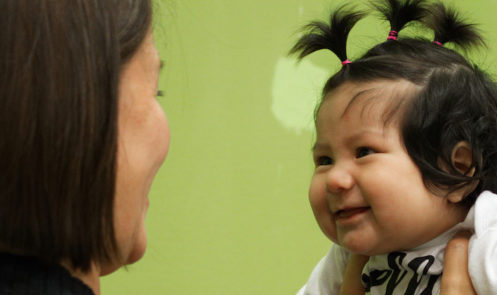National Reconciliation Program
We recognize that not all children’s rights are equally realized in Canada, and those most deprived of their rights are First Nations, Metis, and Inuit children. For children not to exercise their rights equally has devastating impacts on them, their families, communities, and nations. That’s why we are focusing our programs in Canada on reconciliation through a child-centred approach.
Donate Now
Our Vision for Reconciliation
We want a reconciled Canada – a nation of equity, respect and partnership, where every child attains the right to survive, safety, protection, development, and participation.

Climate Change
We work with First Nations across the country to understand and build resilience to climate change and extreme weather events.

Education
We know, every girl and boy has the right to learn. We know for many First Nations, Métis and Inuit girls and boys there are challenges to accessing quality education and resources that would assist them to learn and excel in life.

Health
We work with partners to improve the quality of culturally appropriate maternal care for First Nations, Métis and Inuit women and children by establishing self-determining Indigenous midwifery practices in local communities.


